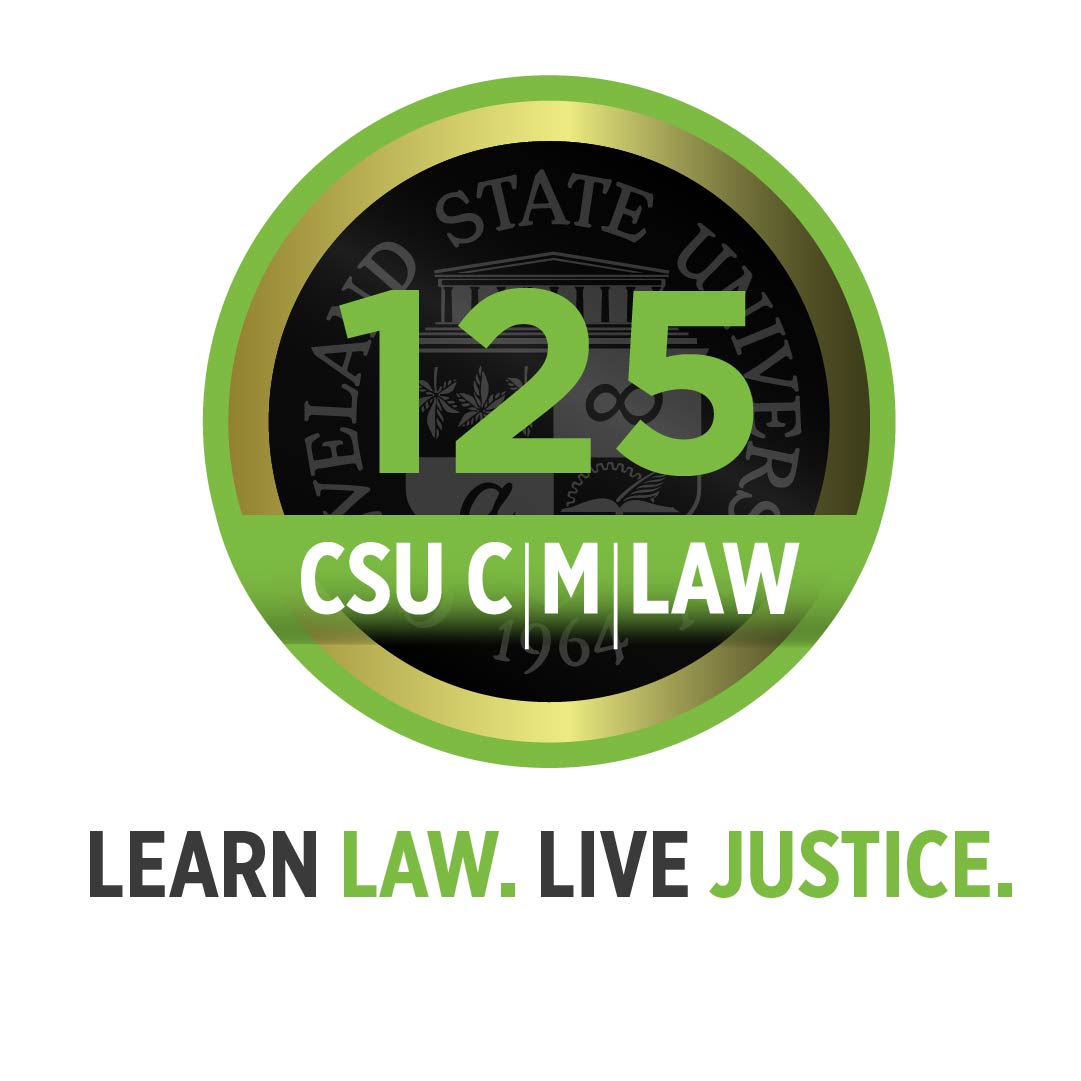
As part of the 125th anniversary of our law school and the 50th anniversary
of our Legal Career Opportunities Program (LCOP) Program,
we are excited to announce the establishment of the
Judge Ann Aldrich / Judge Patricia Ann Blackmon Scholarship Fund

Judge Ann Aldrich was the first tenured woman law professor at CSU Cleveland-Marshall and later the first woman federal judge in Ohio. Judge Patricia Ann Blackmon, a 1975 graduate of CSU Cleveland-Marshall, was the first Black woman elected to a state court of appeals in Ohio. Judge Blackmon recently retired as a Judge on the Ohio Eighth District Court of Appeals. Both are members of the CSU Cleveland-Marshall Hall of Fame, and Judge Blackmon is a Jurist-in-Residence at Cleveland-Marshall.
Disappointed by a dearth of minority students at Cleveland-Marshall, Professor Aldrich started a student recruitment program in the early 1970’s at Historically Black Colleges and Universities in the South. She recruited a promising young woman, Patricia Ann Blackmon, a magna cum laude graduate of Tougaloo College in Jackson, Mississippi. Patricia Blackmon enrolled at CSU Cleveland-Marshall, and Professor Aldrich and Patricia Blackmon began their decades long close friendship. The rest is history.
The purpose of this Scholarship Fund is to provide scholarships to students admitted to the Legal Career Opportunities Program (LCOP), a groundbreaking program established in 1972 that admits students whose applications, when viewed in their entirety, have demonstrated strong academic ability, perseverance, and promise for success, but whose standardized test score does not reflect their greater potential. Recipients of the scholarships will be known as Aldrich/Blackmon Scholars. Judge Blackmon was a student in the first LCOP class in 1972.
Many of our students are first generation law students, and without a scholarship, they would not have the opportunity to fulfill their dream of being a lawyer. We are a law school of excellence and opportunity, and pride ourselves on giving first generation and nontraditional law students access to a high quality legal education.